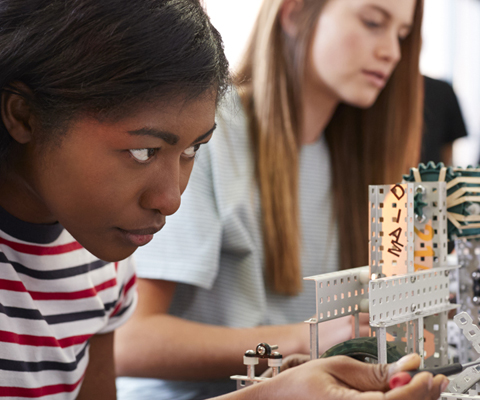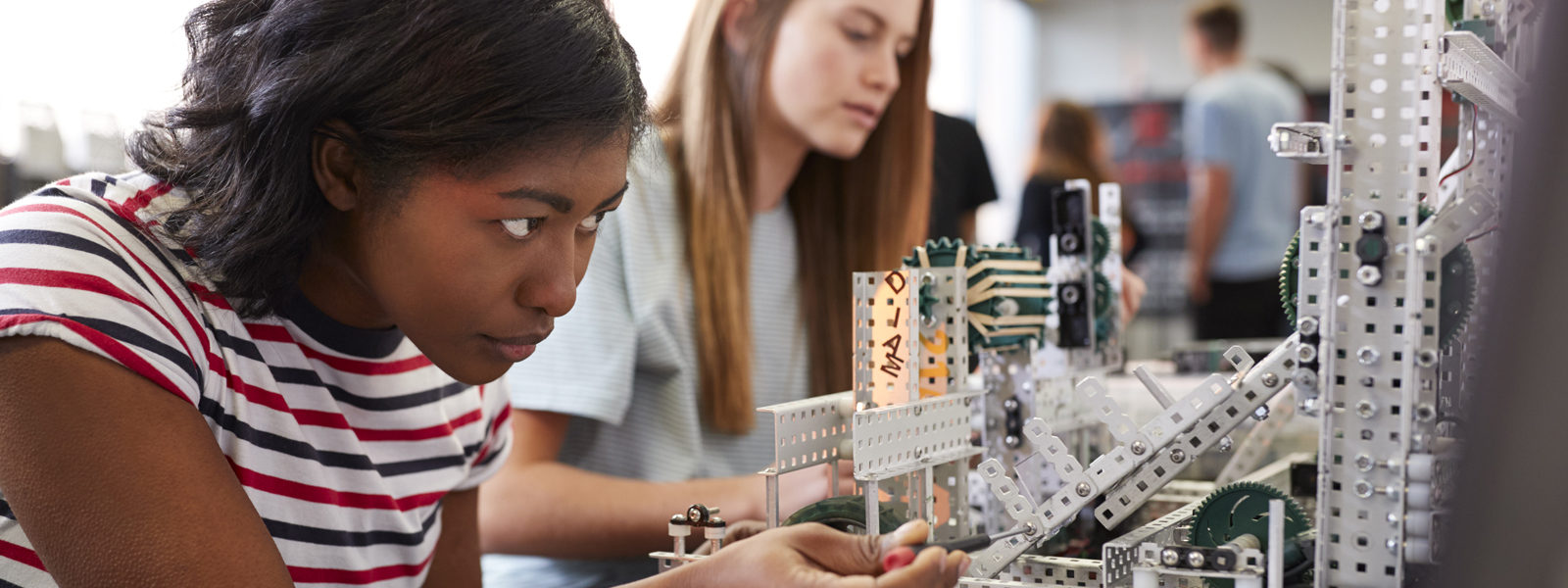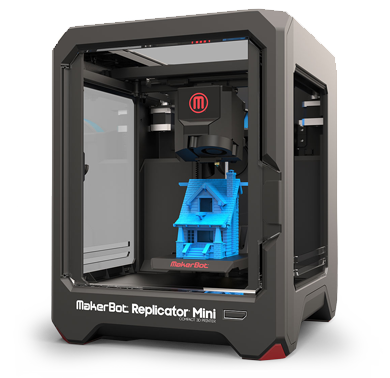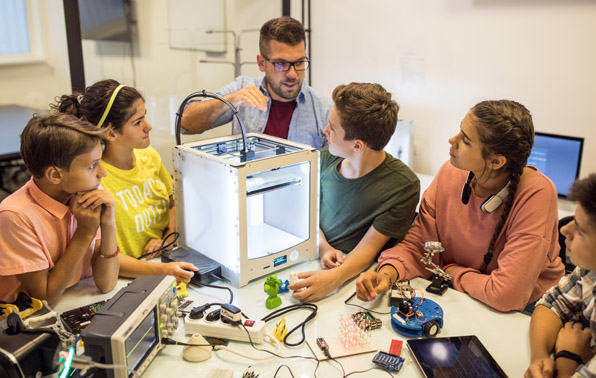Dream, Design, Do®


Dream, Design, Do®
The 3D Learning Curriculum is designed to create a personalized, constructivist learning opportunity for all students – as well as foster critical thinking, creativity, communication and collaboration.
Problem-based learning with connections beyond the classroom
Research shows that children should learn to investigate questions about the real world. The 3D Learning Curriculum provides authentic, hands-on learning experiences that challenge students to identify problems beyond the classroom based on their interests. Students are encouraged to do the following:
-
Dream big
Students concentrate on idea generation and solutions. In this part of the design process, students conceive an idea or problem to solve.
-
Design creatively
Students select a solution, then design, construct and test a prototype. In this phase, a design goes through the iteration process.
-
Do what innovators, creators and engineers embark on every day
Students reflect on the design process and create a final solution design. In this phase, the final design is presented, and its impact and relation to the initial problem are explained.


Key benefits of the 3D Learning Curriculum
- Integrates STEM into real-world applications
- Exposes students to real-world, problem-based learning experiences beyond the classroom
- Provides authentic, hands-on learning
- Engages students in investigations and inquiry-based learning
- Aligns to state standards: CCSS, TX, VA, FL, OH, CT and MA
Let Office Depot® help you implement a curriculum that is designed to assist educators in weaving the design thinking process through any content area curriculum.

